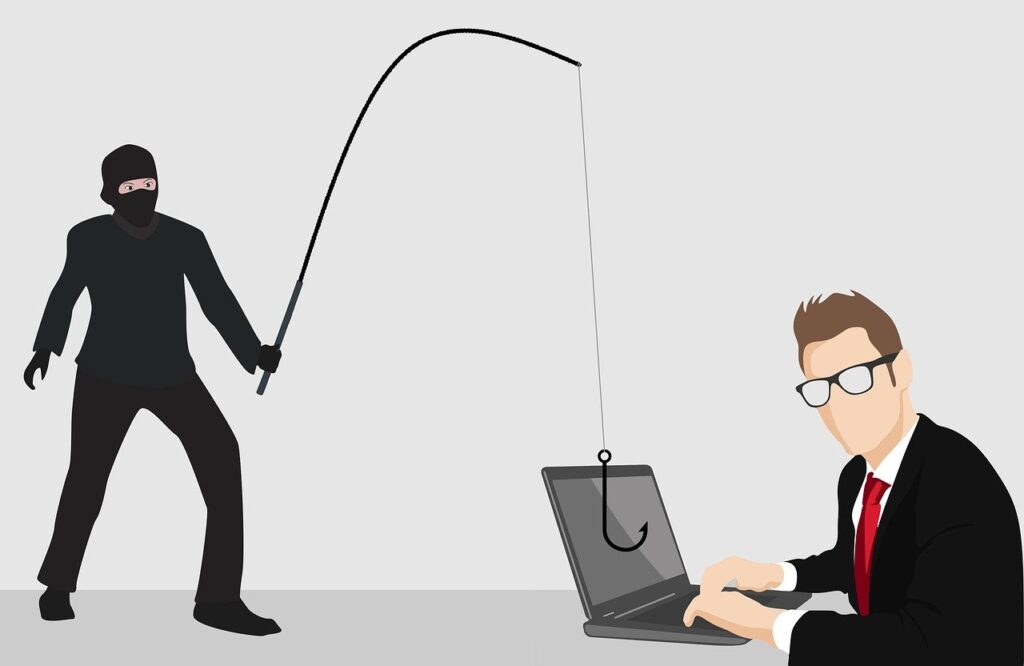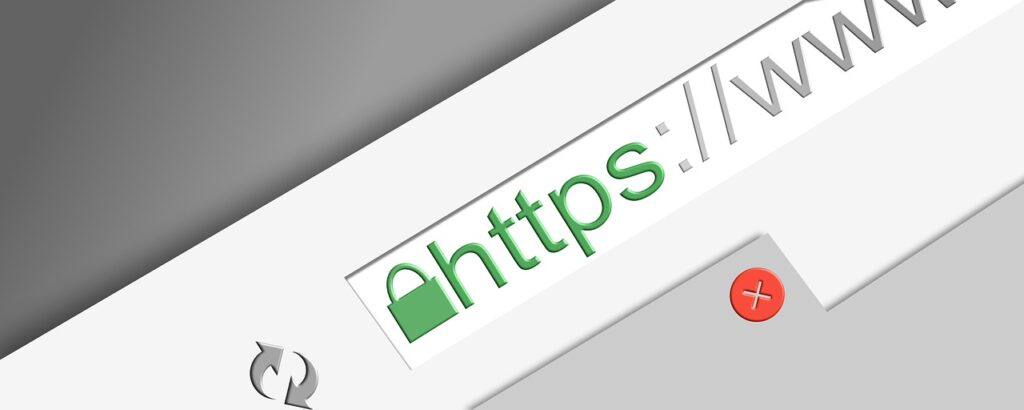
Daniel Martin
Author
Almost every American has heard tales of identity theft or fallen victim to it. Your credit card might have been used by a mysterious person overseas. Or, you might wake up to a compromised debit card, a drained bank account, or a poor credit rating that you can’t explain.
Most of this happens when fraudsters steal identities from private individuals and use them for malicious purposes. One challenge is that fraudsters devise new ways of stealing identities. But you can fight back if you have the right security tips. This article takes a closer look at the ways to protect your identity.

Source: Pixabay
Here’s everything you should know about fighting against identity theft.
1. Use Two-Factor Authentication
This is one of the most efficient ways to prevent identity theft. It’ll make it tricky for someone to access your network, even if they have your password. They must verify their identity by approving a smartphone push notification or using a code sent via SMS or email.
In short, a hacker needs more than your password when you have this feature. They can only compromise your network if they have your smartphone with them. For safety, you should ensure that there is two-factor authentication on sensitive systems such as your bank accounts.
2. Use an Identity Verification Tool
Another way to stay safe from identity theft is by using a verification tool. This security tool ensures that anyone attempting to get into your network meets certain requirements. One of the requirements you can set up on your identity validation solution is age verification.
You can use it to ensure the people accessing your network meet certain age requirements, especially when legal consent is necessary in dealing and accessing your services. It will help reduce the amount of traffic on your networks. For instance, allowing anyone to access your website increases your attack surface, making it easy for malicious persons to penetrate.
3. Connect With a VPN
A VPN is another excellent security tool you should deploy on your networks. The internet has become so insecure in modern times. Using a VPN to access websites can play a huge role in preventing identity theft. A VPN promotes and fosters online privacy and security to prevent threats.
For instance, it can help you hide your IP address anytime you access a website. This makes it challenging for anyone to track your online activity. In addition, it will also hide your location and browsing history. In the end, criminals won’t know your identity or even steal personal data.
4. Use an Antivirus
Malware attacks help fraudsters steal the identities of internet users. Thus, you need to ensure no malware attack succeeds on your network. One way to do this is by using an antivirus. This tool will help filter your traffic and lock out any malicious traffic from your network.
An antivirus can either be free or paid. However, it is advisable to choose a paid antivirus to get better security features and be safer. Fraudsters use sophisticated techniques to steal data and identities. It would be best if you had solutions to help you outsmart them; a paid antivirus is an example.
5. Guard Your Personal Information
Losing your personal information to fraudsters can expose you to identity theft. This is not only electronic data; losing physical data in hardcopy documents can be an issue. You need to be careful about who accesses your documents, even if all they contain is basic personal info.
Fraudsters can even use contacts of unsuspecting friends to know more about you. Also, social media is another place where data can get exposed. Ensure there’s little information about you on social media. Also, avoid signing up on a website you can use as a guest.
6. Encrypt Your Data

Source: Pixabay
This is one of the biggest defenses you can use to stay safe online. Encrypting your data makes it meaningless to fraudsters. It means someone can access your data but not use it unless they have a password. And there are various ways to encrypt data, whether in transit or stored.
Many people and businesses use the cloud for data storage. You need to encrypt data, whether it is on the cloud or your devices. This goes together with data backups. You need them to ensure your data is retrievable if someone deletes it from your local storage.
7. Avoid Unsecure Public WiFi
Public WiFi might be free but costly if not used properly. You should learn how to use public WiFi safely if you haven’t. Fraudsters lurk on public networks looking for unsuspecting users. They aim at using details from your online activity, like the websites you visit, to attack.
One of the best ways to use public WiFi is by masking your activity using a VPN. With this tool, it will be tricky for hackers on the same network to follow your online activity. This will make it difficult for them to steal your identity and use it for malicious purposes.
8. Use a Password Manager
If you have many online accounts, a password manager is a tool you need. Remembering all your passwords can be tricky. Sometimes, you might consider writing them on paper and keeping it on your desk. However, this is one of the riskiest ways to store passwords.
One of the best ways to stay safe is using a password manager. This tool will secure all your passwords in a central location. You can access passwords on this tool by logging in to it. Therefore, you’ll only need to remember one password; the rest will be safe online, not on paper.
Conclusion
The rise in cybercrime has been a cause of alarm in today’s digital world. Every internet user needs to keep themselves safe online. This article has provided some of the best ways to be safe browsing the internet. It will be easier if you follow the tips we’ve shared above.
It will help to note that these tips aren’t foolproof. We already said that fraudsters are getting smarter with new techniques every day. Thus, you can only be careful and implement all the safety tips we’ve listed. That should be enough to keep you safe and strengthen your privacy.
SEE ALSO:
More sustainable practices? Benefits of -used and refurbished phones
Better safe than sorry: tips on how to protect yourself on dating apps









